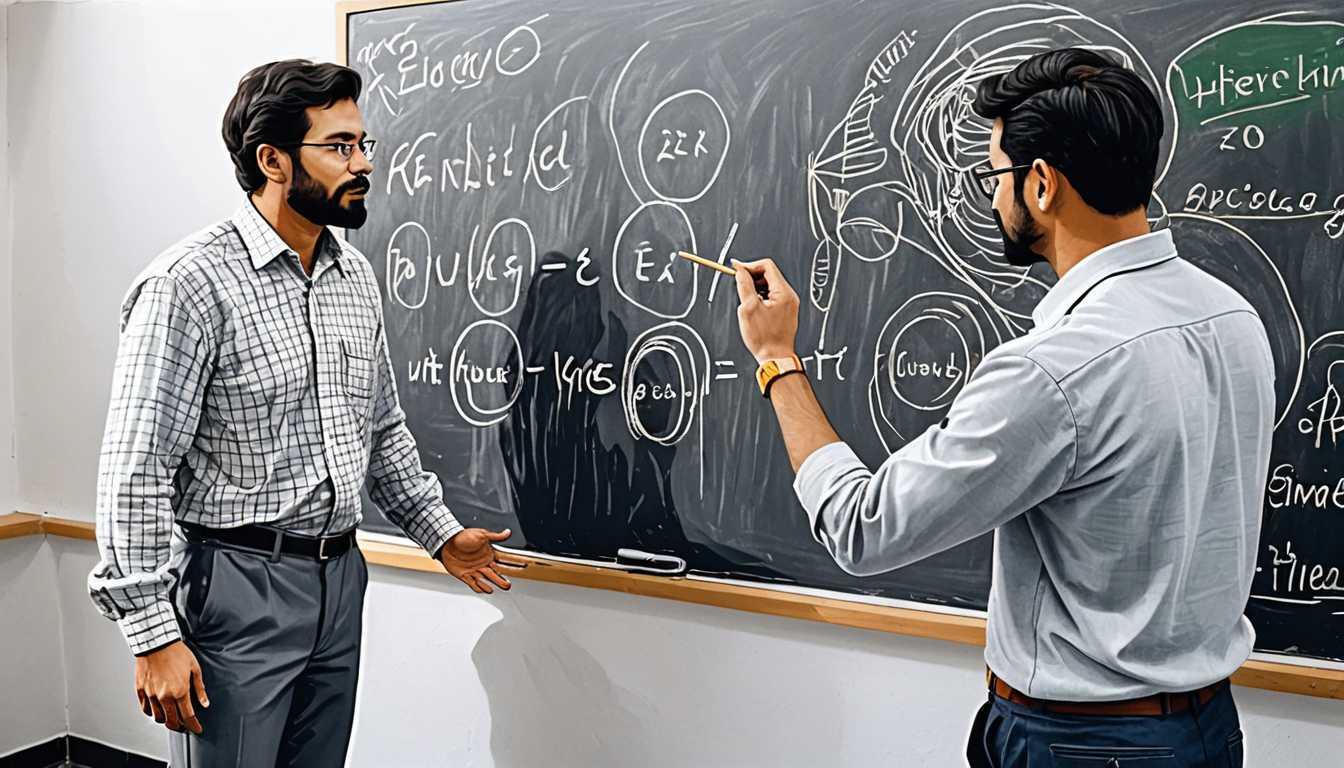Beyond Numbers: Inclusive Paths to Giving
February 2021
Harvard University Effective Altruism Student Group
Introduction
Dive into the world of Effective Altruism (EA) with Isabella Cho's enlightening perspective on making a difference! From Oxford's halls to the global stage, learn how quantifying our contributions can lead to impactful change. But here's the twist: What about the value of art, culture, and the unquantifiable aspects of human life? Cho challenges us to think beyond numbers and embrace a more inclusive approach to solving the world's problems. Ready to explore how your passions can contribute to global solutions? Harvard's EA group brings you this thought-provoking read!
READ FULL ARTICLEWhy It Matters
Discover how this topic shapes your world and future
Numbers and Narratives - Balancing the Equation of Global Giving
Imagine you're on a mission to solve the world's biggest problems. You're equipped with a calculator in one hand and a compass in the other. The calculator represents the power of numbers to guide us through complex issues, like figuring out how many mosquito nets are needed to protect a village from malaria. The compass symbolizes the direction provided by our values, passions, and the stories of people's lives that don't easily fit into a spreadsheet. This journey is about finding a balance between these two tools. It matters because the choices we make on this path affect real people's lives across the globe. By blending quantitative methods with a deep appreciation for individual experiences, we can create solutions that are not only effective but also inclusive and compassionate. This approach can inspire you to think critically about how to use your unique skills and interests to make a difference in the world, whether through science, art, or anything in between.
Speak like a Scholar
Quantitative Frameworks
These are methods that use numbers and data to understand and solve problems. Think of it as using math to figure out the best way to help as many people as possible.
Effective Altruism (EA)
A movement focused on using evidence and reasoning to figure out the most effective ways to benefit others. It's like being a superhero, but your power is making smart choices that do the most good.
Tractability
This term refers to how easily a problem can be solved. If a problem is like a tough knot, tractability is how easy it is to untangle.
Neglectedness
This concept looks at how many resources are already being devoted to solving a problem. The less attention a problem is getting, the more neglected it is.
Existential Risks
These are dangers that could cause extreme harm to humanity on a global scale, such as pandemics or artificial intelligence gone awry. It's the stuff of sci-fi movies, but with real-world importance.
Interdisciplinary
This approach combines insights from different fields of study to tackle complex problems. Imagine a team made up of a scientist, an artist, and a historian all working together to find creative solutions.
Independent Research Ideas
Exploring the Role of Art in Effective Altruism
Investigate how creative expressions can complement quantitative approaches to solving global challenges. This could reveal how art inspires empathy and action.
The Psychology Behind Charitable Giving
Delve into what motivates people to give and how understanding these motivations can improve fundraising strategies. It's a fascinating blend of psychology and economics.
Measuring the Unmeasurable
Tackle the challenge of quantifying subjective experiences, like happiness or quality of life, and its implications for policy-making. This could lead to new ways of assessing societal well-being.
The Impact of Technology on Reducing Existential Risks
Research how advancements in technology could mitigate or exacerbate global risks. This topic sits at the crossroads of science, ethics, and future studies.
Cultural Perspectives on Effective Altruism
Examine how different cultures approach the idea of doing good and how these diverse perspectives can enrich the EA movement. It's a journey through sociology, ethics, and global studies.
Related Articles

SAIL: Revolutionizing Classroom Learning
November 2022
OMNIA by Penn Arts & Sciences

Unraveling Group Dynamics in Networks
April 2024
Massachusetts Institute of Technology (MIT)

AI: The Financial Superhero of Bailouts
November 2022
University College London

RAnts: Teamwork Without a Plan
December 2022
Harvard University

Packing Made Easy: Thanks, Science!
July 2023
Massachusetts Institute of Technology (MIT)